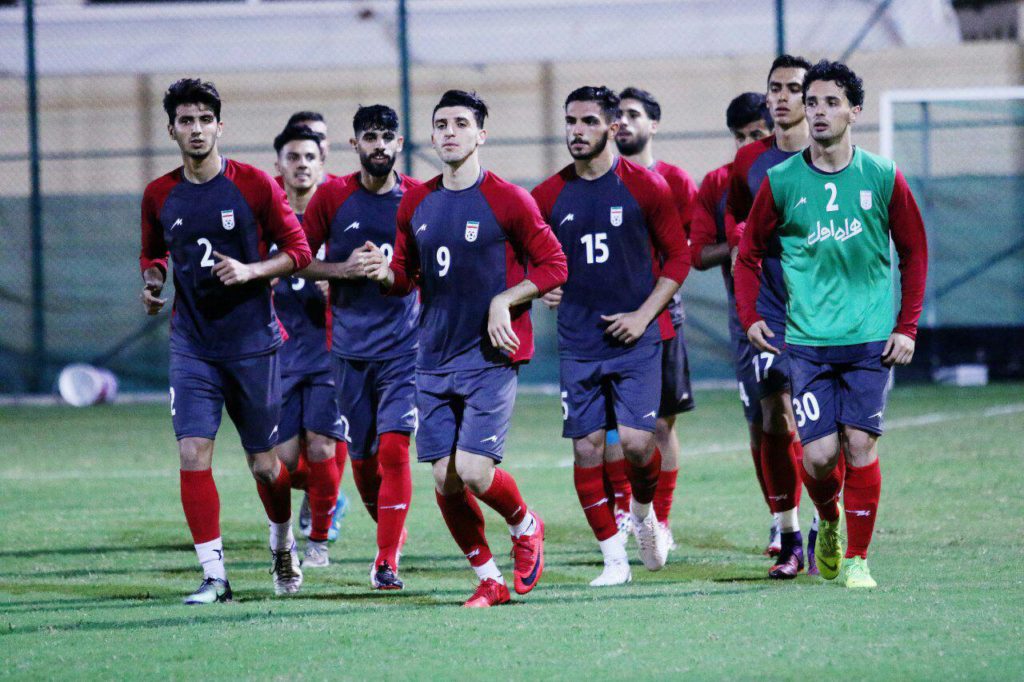Zlatko Krancjar, Iran’s Olympic Team (Omid) coach spoke after the confirmation of the qualification of the U23 team to the finals of the AFC Championship U23 in Thailand.
He stated: “We were in a group which did not have weak team and it was not really easy to qualify.” , “Observing the other groups, we saw some of the matches ended in large margins as evidence of a huge gap between the teams, but the status of our group was different. In any case, our objective from day one was to lead the group and qualify directly as the top team. Of course, we deserved 9 points and to win in the last game, but we lost a lot of scoring chances, and the referee definitely denied us a penalty (….)”
Krancjar added: “Despite all the problems that have cropped up, we managed to qualify and now we have to think about a powerful presence in the final round of the competition in Thailand.” The head coach of the Omid team added: “I believe in these players and I know that they have many skills and abilities. We were well prepared for this stage, we had good preparation games and training camps, the credit must go to the Federation officials, the Ministry of Sports and the Olympic Committee, and all the support they have provided that contributed to this success.”
Zlatko is entitled to give himself a pat on the back for qualification, and diplomatically praise others. However, his general statements and especially about the last match and the referee denying Iran a penalty is far from reality. Those who followed the three matches played in empty stands of Azadi or through TV , do not necessarily share his satisfaction and enthusiasm for the prospect of the team.
Tactically inept, poorly coached and surprisingly disjointed, is what best describes the performances of Omid Team. While U23 Team is the closest group of players to the full senior team in any country’s footballing system, in style and tactics, Iran’s Omid Team is nothing even remotely close to what Carlos Queiroz has built.
Players under the 23 years could also be members of the senior national teams. The bigger and long term problem will remain the transition of the current Omid players to Team Melli.
Granted that Queiroz was a defensive minded coach and he built a strong line of defenders in Team Melli. Perhaps it was not pretty style but it was well organized, effective and disciplined. Team Melli played a modern style of football and excelled in it. On the other hand, Omid Team under Kranjcar is using 50’s style of what is in Iran called “Ali Asgahri” football or route one (Direct) football in Europe. There is no such thing as midfield players role in Kranjcar’s strategy as offensive moves start with defenders or goalkeeper kicking long balls straight to forwards and then hoping for the best.
Such style is archaic and ineffective except in front of weaker teams. Team Melli will have to face the likes of Japan, Korea and Australia who play in an organized and well-laid down game plans. Most of other Asian counterparts also play modern football with inter passing and midfields that control game rhythms.
The solution for Omid is not so simple. Most probably, Kranjcar has very little more to offer and what we have seen from him, does not augur well for Iran qualification to the Tokyo Olympics. Bar a miracle, Omid will be lucky to make it to the next round of the group stages.
The positive part is that Omid Team has many good and skilled individual players; one can only hope that a competent coach can use these talents to form a team and based on teamwork. Lack of leadership and hence discipline is also quite evident in the squad. Once again the team requires strong leadership on and off the pitch.

